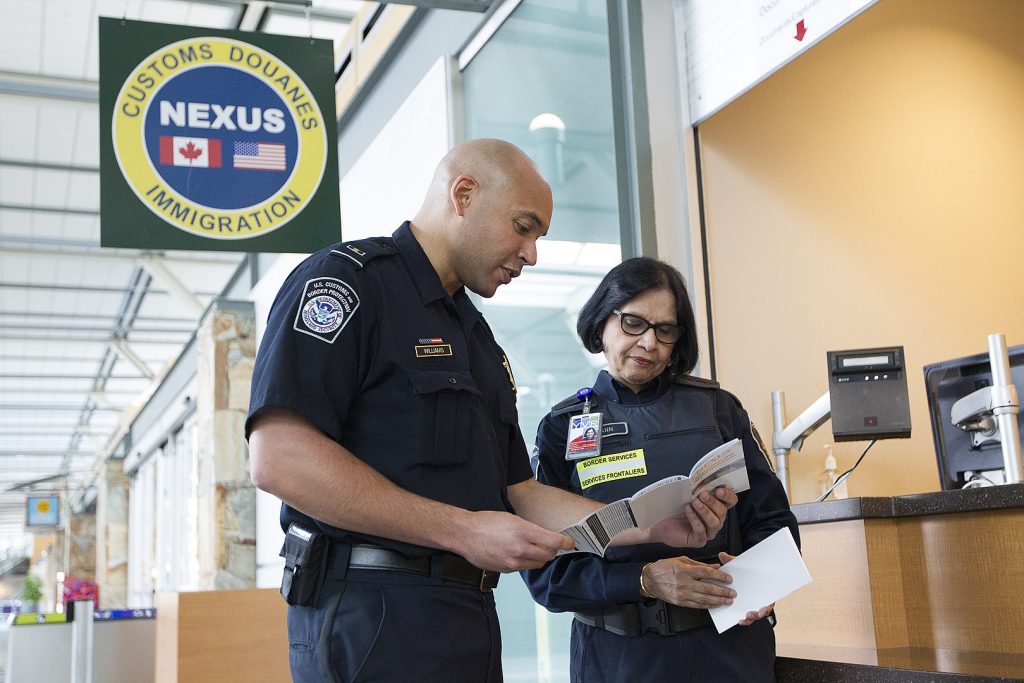Immigration
How to visit Canada if you have a criminal record

Canada’s borders are reopening to tourists.
As of August 9, fully-vaccinated U.S. tourists that are American citizens or permanent residents are welcome to visit Canada. All other fully-vaccinated tourists are expected to be welcome effective September 7.
Get a free consultation with the Law Firm of Campbell Cohen
Tourists must be mindful however that a previous criminal conviction can make them inadmissible to Canada. When you arrive to the border, a Canada Border Services Agency (CBSA) officer will compare your criminal offense to the Canadian legal equivalent. At the same time, Canada recognizes that individuals are capable of being rehabilitated. Hence, it provides options for such individuals to overcome their inadmissibility and be able to enter the country. The following is an overview of options you can pursue.
Temporary Resident Permit (TRP)
A Temporary Resident Permit (TRP) is available to those who are inadmissible and would like to visit Canada on a temporary basis. To successfully obtain a TRP you must provide a convincing reason to the department of Immigration, Refugees and Citizenship Canada (IRCC) on why the benefits of your visit outweigh potential risks. If your application is approved, you may receive a TRP that is valid for up to three years. U.S. citizens and permanent residents can submit a TRP application upon arrival to Canada or at a Canadian consulate for pre-approval. Everyone else can apply for a TRP at a Canadian consulate. The fee is $200 CAD.
Rehabilitation
Rehabilitation is another way to overcome inadmissibility in support of your visit to Canada. The two categories are individual rehabilitation and deemed rehabilitation.
Individual rehabilitation is available to you if it has been more than five years since the end of your sentence. The application cost is either $200 or $1,000, depending on the seriousness of your convictions. The major benefit of being approved for individual rehabilitation is that it lasts forever, unlike a TRP, which is time-limited. This means that if your individual rehabilitation application is approved, you no longer need to worry about criminal inadmissibility to Canada as long as you are never convicted again.
Deemed rehabilitation is available if you have been convicted of a less serious crime and it has been at least 10 years since you completed your conviction. In such instances, you are automatically deemed rehabilitated and can visit Canada. However, you may still want to obtain a legal opinion letter to demonstrate to the CBSA officer that you should be deemed admissible to Canada.
If you have been convicted of a more serious crime, you will need to apply for individual rehabilitation even if more than 10 years have passed since your conviction.
Legal Opinion Letter
Getting a Legal Opinion Letter is a third option. Such letters are prepared by lawyers and outline why a person with a conviction should be allowed entry to Canada. The lawyer can argue that you are deemed rehabilitated, your offense was isolated or not serious, or your crime or alleged crime does not have an equivalent under Canadian law. The letter can support your TRP or rehabilitation application.
No matter what your situation is, you are strongly encouraged to consult with a Canadian immigration law firm to ensure your visit to Canada is as seamless as possible.
Get a free consultation with the Law Firm of Campbell Cohen
© CIC News All Rights Reserved. Discover your Canadian immigration options at CanadaVisa.com.





















